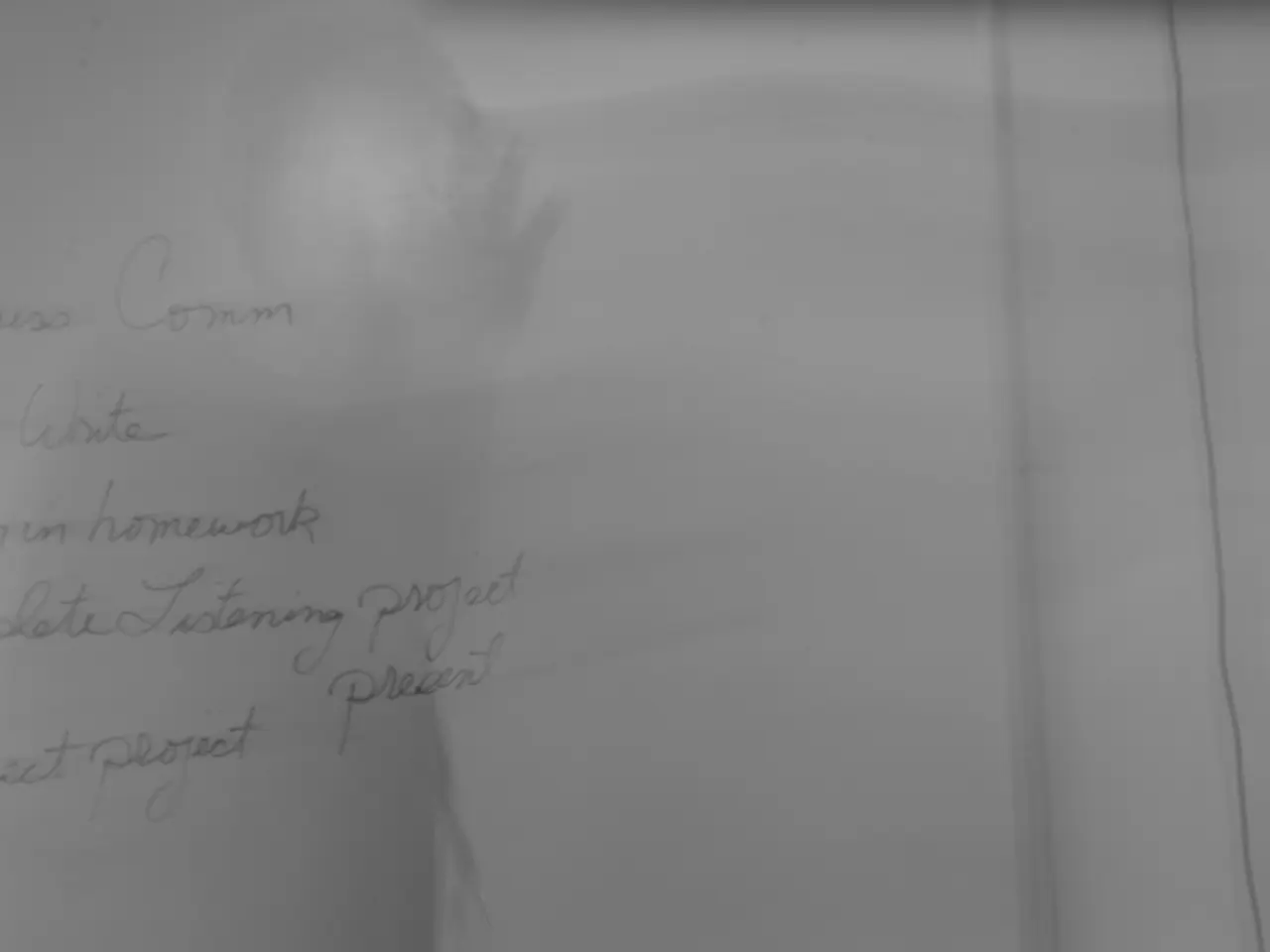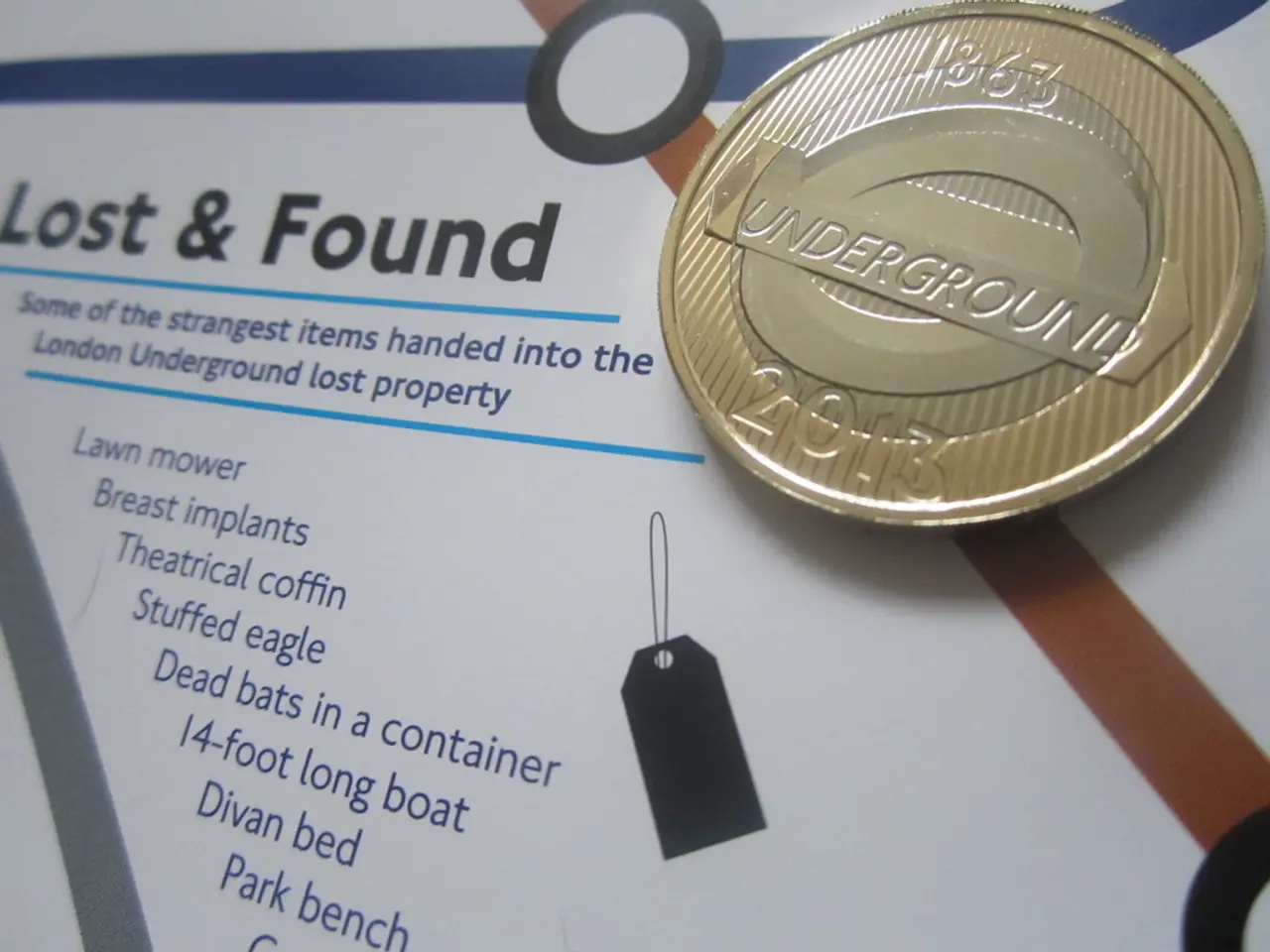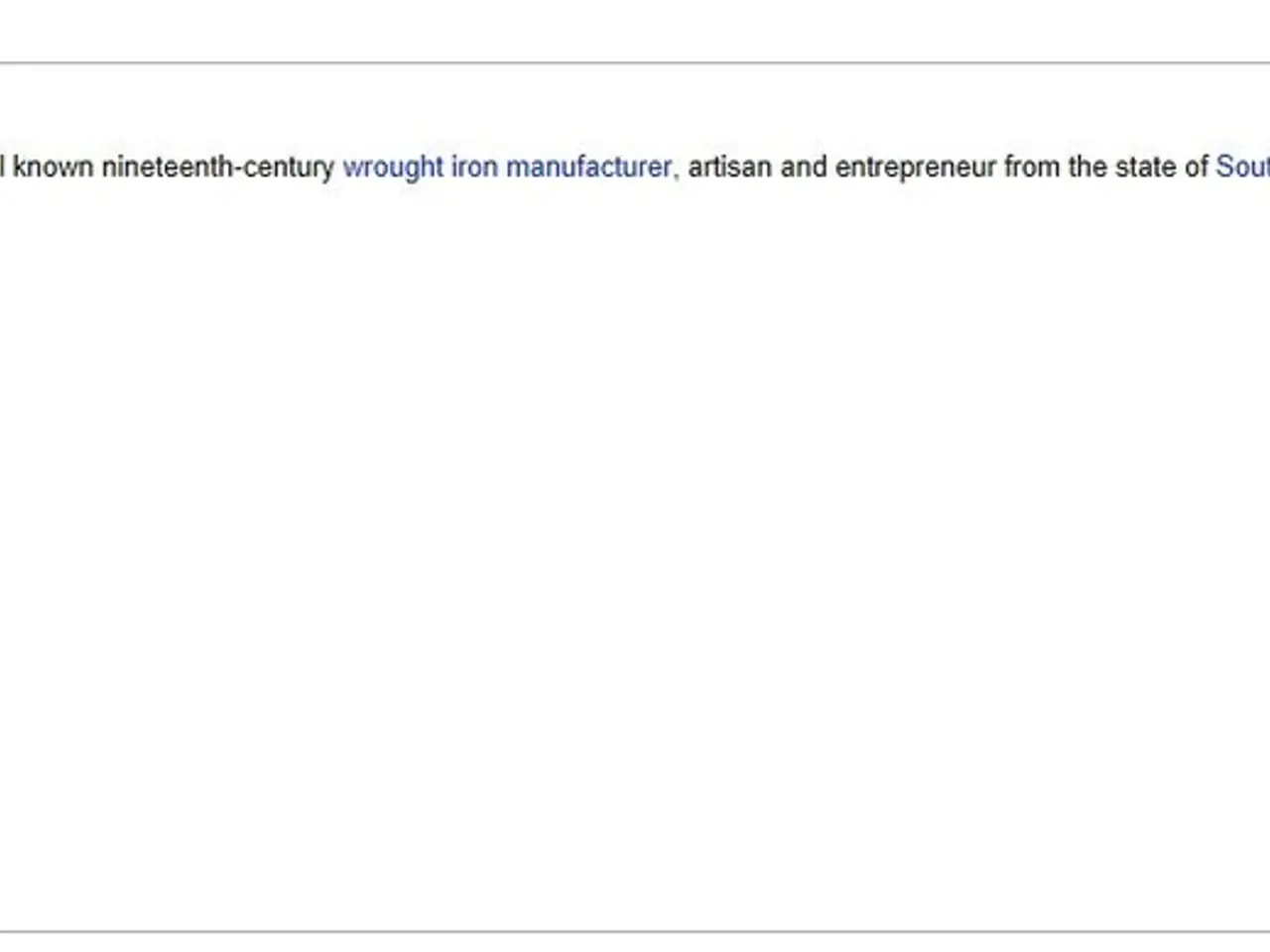Increasing Global Footprint: Indonesia's Growth Beyond Borders
In the vast and dynamic market of Indonesia, foreign entities have two primary options for establishing a business presence: a Representative Office (RO) or a limited liability company with foreign investment (PT PMA). Each option comes with its unique advantages and disadvantages, making it crucial to understand the differences before making a decision.
## Representative Office (RO)
A Representative Office offers a simpler setup process with fewer requirements and lower costs. However, it is essential to note that ROs are not allowed to conduct direct commercial activities, making them unsuitable for businesses seeking to generate Indonesian revenue. Instead, they are ideal for market research, supervising, and coordinating existing business activities in Indonesia.
ROs also allow the placement of expatriate staff for coordination and management and offer limited tax reporting, as they do not generate income in Indonesia. However, they are subject to location restrictions, as they must be situated in the capital city of a province and in an office building. Moreover, their temporary nature makes them less suitable for long-term investment.
## Limited Liability Company with Foreign Investment (PT PMA)
PT PMAs offer the advantage of full commercial operations, allowing businesses to conduct business, generate income, and enter into contracts with Indonesian entities. Recognized as a distinct legal entity, PT PMAs provide limited liability protection to their shareholders, making them suitable for businesses planning substantial, long-term commitments in Indonesia.
However, PT PMAs come with higher capital requirements, currently set at IDR 10 billion (approximately USD $745,000), which may be a barrier for smaller businesses. The registration process is more complex, involving more documentation, longer setup time, and higher legal and administrative costs. Additionally, foreign ownership is subject to sector-specific limitations, and PT PMAs must comply with local tax, reporting, and regulatory requirements, including annual tax returns and audits.
## Comparison Table
| Aspect | Representative Office (RO) | PT PMA | |-----------------------|-------------------------------------------|-----------------------------------------| | **Commercial Activity** | Not allowed | Allowed | | **Capital Requirement**| Low/None | High (10 billion IDR) | | **Setup Complexity** | Simple | Complex | | **Legal Entity** | Not a legal entity | Yes, limited liability | | **Market Research** | Allows | Not main purpose | | **Work Permits** | Allows (expatriate staff) | Allows (local & foreign staff) | | **Tax Reporting** | Zero tax reporting | Full annual tax reporting | | **Long-term Investment**| Not suitable | Suitable | | **Location** | Province capital, office building | Flexible |
In conclusion, the choice between a Representative Office and a PT PMA depends on the business objectives, available capital, and long-term plans for Indonesia. If a PT PMA is formed as part of a joint venture, it is crucial to address various considerations in the Joint Venture Agreement, including exit rights, tax obligations, profit distribution, financing needs, admission of new shareholders, intellectual property rights, transfer of interest restrictions, audit rights, minority protection mechanisms, and indemnification.
A Representative Office, on the other hand, serves as a temporary solution for foreign entities to "test the waters" and act as a supervisor, liaison, coordinator, and representative of the parent company's interests in Indonesia. With a population of 261 million people and 173 million mobile phone users, Indonesia presents a significant market opportunity for businesses worldwide.
In the realm of dispute resolution within the Indonesian business industry, the understanding of the unique features of both Representative Offices (RO) and limited liability companies with foreign investment (PT PMA) is vital. While an RO offers a simplified set-up process, it is unsuitable for businesses looking to generate revenue in Indonesia due to its restriction on direct commercial activities. In contrast, PT PMAs allow for full commercial operations, including generating income and entering contracts, making them suitable for long-term business commitments, albeit with higher capital requirements and complex registration processes.




